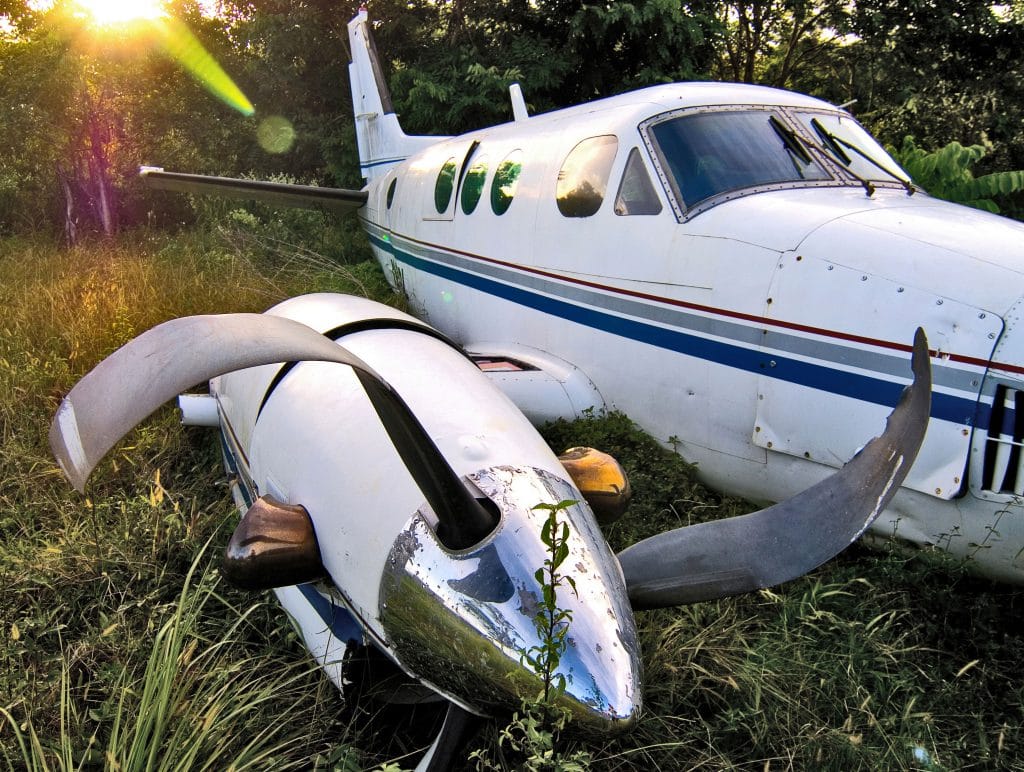
Introduction to Aviation Insurance
In the intriguing world of flying, protecting aircraft and the lives they carry is critical. Much like car insurance, aviation insurance aims to cover possible unfortunate circumstance one might encounter.
Overview of aviation insurance
Aviation insurance serves as a safety net for both fixed-wing and rotor wing aircraft against risks such as hull losses, third-party liabilities, and passenger liabilities.
Importance of aviation insurance for aircraft owners
For aircraft owners, it’s imperative to consider aviation insurance, for it safeguards them from potential financial catastrophe resulting from potential accidents or unforeseen events. It also ensures peace of mind during all aviation-related activities.
Types of Aviation Insurance
In the realm of aviation insurance, there are many options to consider. Being well-informed is essential to protect one’s interests against unforeseen losses.
Hull insurance for physical damage and loss
In the case of unfortunate incidents resulting in physical damage or loss of an aircraft, hull insurance can prove to be a lifesaver. It covers the cost of repairs or replacements.
Liability insurance for bodily injury and property damage
Another essential coverage is liability insurance. This policy safeguards the policy holder from potential legal implications arising from instances of bodily injuries or property damages. It’s something aircraft owners, operators, and leasing companies can’t afford to overlook.
Coverage Options for Aviation Insurance
Whether you are an aircraft owner or operator, the importance of aviation insurance is irrefutable. It’s critical to comprehend what coverage options exist in order to protect your investment.
Third-party liability coverage
From protecting against property damage to bodily injuries on the ground, third-party liability coverage is essential. It shields the policyholder from claims made by external parties.
In-flight coverage for passengers and crew members
With this, you are assured of protection against risks that may occur during flight. It covers the well-being of those on board, providing a safety net for both passengers and crew members.
Factors Influencing Aviation Insurance Premiums
Type and age of the aircraft
The type and age of the aircraft play a significant role in determining aviation insurance premiums. Insurance companies consider factors such as the aircraft’s make, model, and specifications, as well as its age. Newer aircraft with advanced safety features may attract lower premiums compared to older models that may be more susceptible to accidents or mechanical failures.
Pilot experience and qualifications
The experience and qualifications of the pilots flying the aircraft also impact insurance premiums. Insurance companies assess pilot certifications, flight hours, and training to evaluate the level of risk involved. Pilots with extensive experience and a clean safety record may qualify for lower premiums, as they are considered less likely to be involved in accidents.
It’s important to note that these are just a few factors that can influence aviation insurance premiums. Other aspects, such as the purpose of the flights (e.g., commercial or recreational), flight routes, and coverage limits, also play a role in determining the cost of insurance.
Aviation insurance is crucial for protecting aircraft owners, operators, and pilots from financial loss in the event of accidents or other unforeseen circumstances. By understanding the factors that influence premiums, individuals and organizations can make informed decisions when purchasing insurance coverage.
Special Considerations for Aviation Insurance
Coverage for leased aircraft
When it comes to insuring leased aircraft, there are some important considerations to keep in mind. Firstly, it’s crucial to ensure that your policy includes coverage for the specific requirements of your lease agreement. This may include liability coverage, hull coverage, and additional insured endorsements. It’s also important to review the policy carefully to understand any limitations or exclusions that may apply to leased aircraft.
Insurance requirements for commercial operators
Commercial operators in the aviation industry have unique insurance needs. Depending on the type of operation, there may be specific insurance requirements that need to be met. For example, air charter operators may be required to have certain liability limits or specific types of coverage. It’s important for commercial operators to work closely with an aviation insurance specialist who can help assess their particular needs and ensure that they are adequately covered.
Please note that this is only a brief overview of the special considerations for aviation insurance. It’s always recommended to consult with a qualified insurance professional to discuss your specific situation and ensure that you have the right coverage for your needs.

Claims and Claims Process for Aviation Insurance
Reporting a claim
When it comes to aviation insurance, it’s important to know how to report a claim in case of an unfortunate incident. The first step is to contact your insurance provider immediately. They will guide you through the process and provide you with the necessary forms and documentation to complete. It’s crucial to provide accurate and detailed information about the incident to ensure a smooth and efficient claims process.
Evaluation and settlement of claims
Once the claim is reported, the insurance provider will evaluate the circumstances and determine the extent of the coverage. They will assess the damages, investigate the incident, and gather any necessary evidence. The evaluation process may involve consulting with experts in the aviation industry to determine liability and assess the cost of repairs or replacements.
After the evaluation, the insurance provider will work towards settling the claim. This may involve negotiating with all involved parties, including third parties, if necessary. They will aim to reach a fair settlement based on the terms and conditions of the insurance policy.
It’s important for policyholders to cooperate fully with the insurance provider during the claims process. Maintaining open lines of communication and providing any requested information promptly can help expedite the settlement process.
Remember, each insurance provider may have specific procedures and requirements for claims. It’s crucial to carefully review your policy and contact your insurance provider for detailed instructions in the event of a claim.
Selecting an Aviation Insurance Provider
Researching reputable insurance companies
When it comes to choosing an aviation insurance provider, it’s crucial to do your research. Look for reputable companies with experience in the aviation industry and a track record of providing reliable coverage. Check their financial stability and their reputation among other aviation professionals. Read reviews and seek recommendations from trusted sources to ensure that you choose a reliable and trustworthy insurance provider.
Comparing coverage and premiums
As you delve into aviation insurance, it’s essential to carefully compare the coverage options and premiums offered by different providers. Look for policies that align with your specific needs and requirements. Consider the types of coverage available, such as liability, hull, and passenger protection. Compare the premiums and deductibles associated with each policy to find the one that offers the best value for your investment.
Remember, aviation insurance is a vital aspect of protecting your aircraft and your business. Taking the time to research reputable insurance companies and compare coverage and premiums will help you make an informed decision and ensure that you have the right level of protection for your aviation endeavors.
Conclusion
Aviation insurance is a critical component of the aviation industry, providing protection and peace of mind to operators, owners, and pilots. It safeguards against potential liabilities and unforeseen events that could result in significant financial losses. By understanding the importance of aviation insurance, operators can make informed decisions when choosing the right coverage for their specific needs. To make the best choice, it is essential to consider factors such as aircraft type, usage, pilot experience, and coverage limits. By doing so, operators can ensure they have adequate protection and minimize their exposure to risks in the aviation industry.
Understanding the importance of aviation insurance
Aviation insurance is crucial in safeguarding operators, owners, and pilots from financial risks associated with accidents, damage, and liabilities. It provides coverage for a range of scenarios, including bodily injury, property damage, hull damage, and aircraft liability. Without adequate insurance, operators could face substantial financial burdens and legal challenges in the event of an incident.
Tips for choosing the right coverage
When selecting aviation insurance, it is important to assess the specific needs of the operator or owner. Factors to consider include the type of aircraft, its usage (private, commercial, or rental), the pilot’s experience, and the desired coverage limits. Working with an experienced aviation insurance broker can also provide valuable guidance and help navigate the complexities of the insurance market.
Frequently asked questions about aviation insurance
- What types of coverage are available in aviation insurance?
- How are insurance premiums determined in the aviation industry?
- Are there any specific requirements for pilot experience?
- Can aviation insurance policies be customized to meet specific needs?
- What are the common exclusions in aviation insurance policies?
By addressing these and other frequently asked questions, operators can gain a better understanding of aviation insurance and make informed decisions when selecting coverage for their aircraft.
